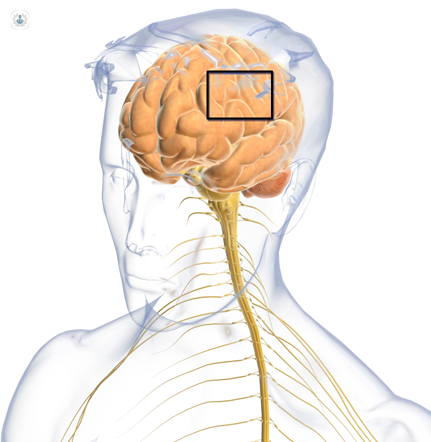

What is amyotrophic lateral sclerosis?
Amyotrophic lateral sclerosis (ALS) is a degenerative disease. It is a disease of neurons in the brain, the brain stem, and the spinal cord that control the movement of voluntary muscles, leading to disability.

ALS affects approximately 5 in every 100,000 people in the world. It is also known as Lou Gehrig's disease.
Prognosis
The prognosis is poor. Normally, the disease leads to death 3-5 years after the diagnosis. There are exceptions: it has been calculated that 1 in 4 survive beyond 5 years from the diagnosis. There are also cases that survive longer, usually with the aid of respiratory support.
Symptoms
Symptoms do not usually occur before the age of 50. The most common symptom is loss of muscle strength and coordination, that gradually worsens.
This weakness initially affects legs and arms, and as the disease progresses, other parts of the body are affected. Muscle weakness causes the following symptoms:
Other symptoms that may occur are depression, muscle rigidity (spasticity), muscle contractions (fasciculations), muscle cramps and weight loss.
Dementia is rare; the majority of people with the disease can think normally and have intact senses.
Medical tests
If any of the above-mentioned symptoms occur, a physical examination will be done to determine whether:
Other evaluations may include the following:
What are the causes of amyotrophic lateral sclerosis?
In most cases, the cause is not known. It has been calculated that one in 10 cases is due to a genetic defect.
Can it be prevented?
The disease cannot be prevented.
Treatments for amyotrophic lateral sclerosis
There is no specific cure for ALS. The disease must be treated by a multidisciplinary team and the aim is to delay symptoms and to improve the patient’s quality of life.
Rehabilitation and physiotherapy may be important for improving muscle function and overall health. A wheelchair and various orthopaedic devices may be necessary to help muscle function.
Which specialist treats it?
ALS should be treated primarily by a neurologist; however many specialists will participate including physiotherapists, speech therapists and gastroenterologists.
